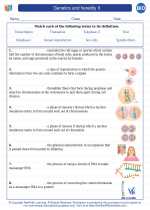Understanding Mechanical Power
Definition
Mechanical power is the rate at which work is done or energy is transferred in a mechanical system. It is typically measured in units such as watts (W) or horsepower (hp).
Formula
The formula for mechanical power is:
Power (P) = Work (W) / Time (t)
Units
Common units for measuring mechanical power include:
- Watt (W): The SI unit of power, equal to one joule per second.
- Horsepower (hp): A unit of power equal to 550 foot-pounds per second, or 745.7 watts.
Biological Applications
Muscle Contraction
In biology, mechanical power is evident in the movement of muscles. When muscles contract, they exert a force to move the bones, generating mechanical power to perform tasks such as lifting, running, or jumping.
Cardiac Muscle
The heart, which is primarily composed of cardiac muscle, generates mechanical power to pump blood throughout the body. This power is essential for maintaining circulation and providing oxygen and nutrients to cells.
Energy Expenditure
Understanding mechanical power in biological systems helps in studying energy expenditure and efficiency in organisms. By measuring the mechanical power output of muscles and organs, researchers can gain insights into metabolic processes and physical performance.
Study Tips
Here are some tips for studying mechanical power in biology:
- Understand the concept of work and energy, as mechanical power is closely related to these principles.
- Practice using the formula for calculating mechanical power and solving related problems.
- Explore real-life examples of mechanical power in biological systems, such as videos or simulations of muscle contraction and heart function.
- Consider the implications of mechanical power in the context of physical fitness, sports performance, and medical conditions related to muscle or heart function.
◂Biology Worksheets and Study Guides High School. Genetics and heredity II
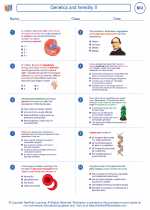
 Worksheet/Answer key
Worksheet/Answer key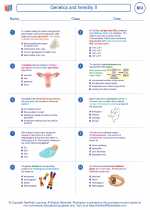
 Worksheet/Answer key
Worksheet/Answer key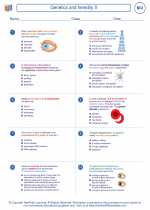
 Vocabulary/Answer key
Vocabulary/Answer key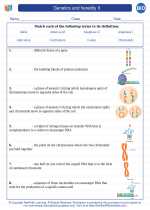
 Vocabulary/Answer key
Vocabulary/Answer key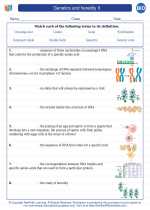
 Vocabulary/Answer key
Vocabulary/Answer key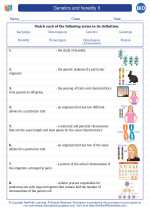
 Vocabulary/Answer key
Vocabulary/Answer key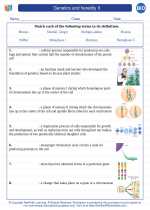
 Vocabulary/Answer key
Vocabulary/Answer key
 Vocabulary/Answer key
Vocabulary/Answer key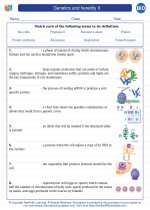
 Vocabulary/Answer key
Vocabulary/Answer key